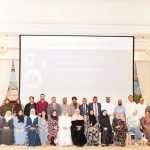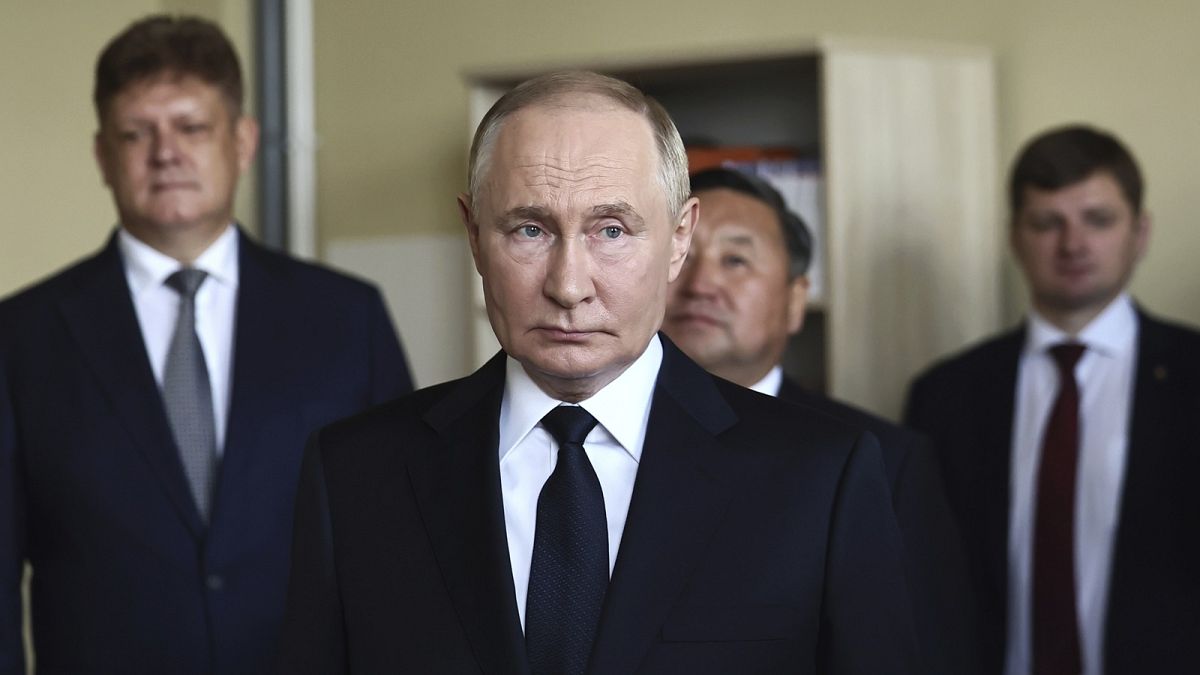Vladimir Putin, the Russian President, is facing accusations of unlawful deportation and transfer of Ukrainian children to Russia. The European Commission is pressuring Mongolia, a state party to the International Criminal Court (ICC), to place Putin under arrest during his upcoming visit to the country. Despite Russia not being a party to the Rome Statue, Mongolia is obligated to comply with the arrest warrants issued by the court. However, Mongolia has not indicated any plans to fulfill the request during Putin’s high-profile visit, scheduled at the invitation of Mongolian President Ukhnaagiin Khürelsükh.
Putin and one of his deputies, Maria Alekseyevna Lvova-Belova, are accused of committing war crimes in Ukraine. The ICC issued an arrest warrant against Putin, making his visit to Mongolia a significant moment as it represents the first time he will enter a territory of a party to the ICC since the warrant was issued. Despite the accusations and pressure from various parties, a Kremlin spokesperson expressed no concerns about Putin’s trip, emphasizing the ongoing dialogue between Russia and Mongolia.
The ICC relies on state parties to enforce its decisions, as it lacks the means to do so itself. In response to the situation, the ICC spokesperson reminded Mongolia of its obligations under the Rome Statute and warned of potential consequences if non-cooperation continues. Human Rights Watch joined the conversation, urging Mongolia to either deny entry to Putin or place him under arrest. The organization highlighted the importance of upholding the rule of law and ensuring accountability for individuals accused of committing crimes, regardless of their status or power.
Mongolia was among the countries that signed a joint statement declaring support for the ICC after Prosecutor Karim Khan faced backlash for seeking arrest warrants against Israeli officials and Hamas leaders. The presence of an ICC judge from Mongolia adds an additional layer of complexity to the situation, prompting calls for the country to take action during Putin’s visit. Despite the pressure from international organizations and the reminder of obligations under the Rome Statute, Mongolia has not indicated whether it will comply with the arrest warrants during Putin’s upcoming visit to the country.
The allegations against Putin and his deputy regarding the deportation and transfer of Ukrainian children have sparked international attention and calls for accountability. The ICC’s role in addressing war crimes and holding individuals responsible for their actions is essential for upholding justice and ensuring that victims have a voice. The situation involving Putin’s visit to Mongolia shines a spotlight on the complexities of international justice and the importance of state parties fulfilling their obligations under international treaties, such as the Rome Statute of the ICC. As the debate continues, the world awaits to see how Mongolia will respond to the pressure to enforce the arrest warrants against Putin.











